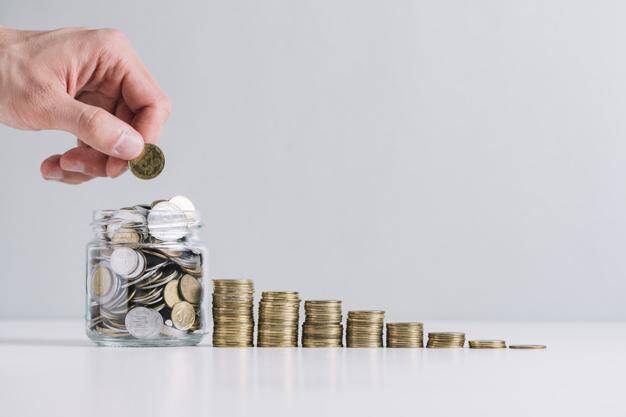Are you struggling with bad money habits? Yes, those ones really die hardy, and you can easily end up without any savings and/or spending more money than you earn. If you feel that it is high time to drop these bad spending habits and start building some better ones, you’re in the right place.
Knowing a few good money hacks can help you build better financial habits which, in turn, can increase your savings, improve the health of your budget, and set you on a path towards reaching your financial goals.
Keep reading to learn which money habits can help set you up for financial success.
1. Have a Financial Plan
Having a roadmap will make it easier to reach your destination. In this case, to get your finances in order, you first need to come up with a financial plan. Creating a plan is a great way to map out your objectives and figure out how you can reach them.
Consider including long-term and short-term objectives in your financial plan in order to achieve them faster. For instance, a long-term objective would be paying off your mortgage, whereas a short-term objective would be to save money for a trip. It’s also a good idea to break down the long-term goals into smaller objectives so that you can accomplish them easier.
2. Transfer Your Savings to a Dedicated Account
If your goal is to save some money, consider directing everything you manage to save to a dedicated savings account in order to prevent yourself from spending your savings.
For example, if you have decided to bring a packed lunch to work every day for a week and you’ve managed to save $50, or you’ve saved $25 buying groceries on sale, be sure to transfer this money to your savings account. This way, it will be out of your reach and you’ll thank yourself later when you really need it.
3. Make Shopping Lists
How many times have you walked into a grocery store on a mission to buy just milk and bread, but left with a cart full of products you didn’t really need?
Instead of making a quick trip to the store to buy a few things, take some time to make a plan. Write a list of what you want to get, and try to predict how much you are going to spend. By having a shopping list to stick to, you will be able to avoid picking up products you don’t need.
4. Never Shop When You Are Bored
Thanks to online shopping, it is very easy to shop out of boredom. This is a horrible financial habit that can easily land you in a world of debt if you are not careful.
So, next time you feel tempted to buy some trinket just because you have nothing better to do, stop and think about whether you really need it. If the answer is yes, then determine how much you can afford to spend and wait a few days before actually making the purchase.
5. Build an Emergency Fund
One of the worst consequences of poor financial decisions is ending up without money to pay for emergencies like home repairs or a broken-down car. Not to mention, if you lose your job, you’ll have nothing to fall back on. That’s why building an emergency fund is one of the best financial moves you can make.
Set yourself up for success from the very beginning by making your first goal seem doable. For instance, rather than shooting for two months’ worth of expenses, shoot for two weeks.
6. Pay Your Bills on Time
Paying your bills on the due date is the best way to avoid late fees adding up and wasting money.
Not only will paying your bills on time save you money, but it will also help your credit score. In addition to not being charged late fees or penalties (which can go as high as $35), you will also get lower interest rates on your credit accounts
Final Thoughts
Dropping bad financial habits might take some time but it’s vital for your financial freedom. If you manage to build good money habits, you’ll set yourself up for financial success. Saving money and planning your spending will help you get ready for unexpected expenses, avoid late fees and penalties, and even put something aside for retirement.
Ingrid Maldine is a business writer, editor and management consultant with extensive experience writing and consulting for both start-ups and long established companies. She has ten years management and leadership experience gained at BSkyB in London and Viva Travel Guides in Quito, Ecuador, giving her a depth of insight into innovation in international business. With an MBA from the University of Hull and many years of experience running her own business consultancy, Ingrid’s background allows her to connect with a diverse range of clients, including cutting edge technology and web-based start-ups but also multinationals in need of assistance. Ingrid has played a defining role in shaping organizational strategy for a wide range of different organizations, including for-profit, NGOs and charities. Ingrid has also served on the Board of Directors for the South American Explorers Club in Quito, Ecuador.
